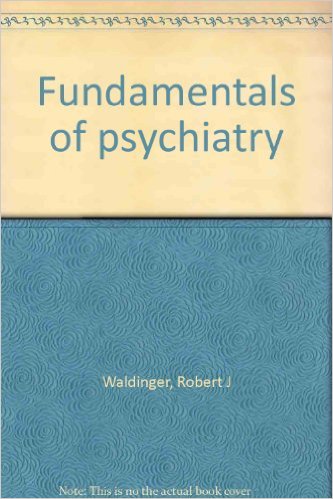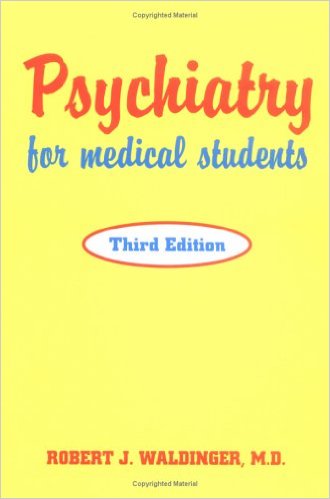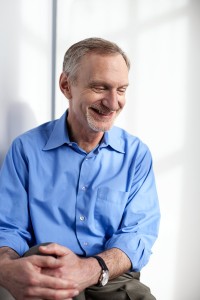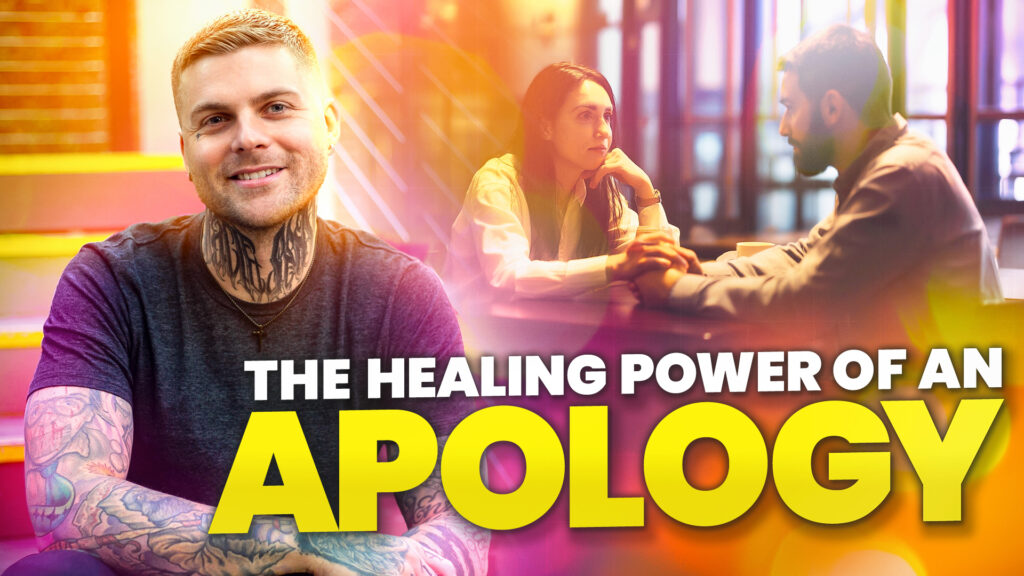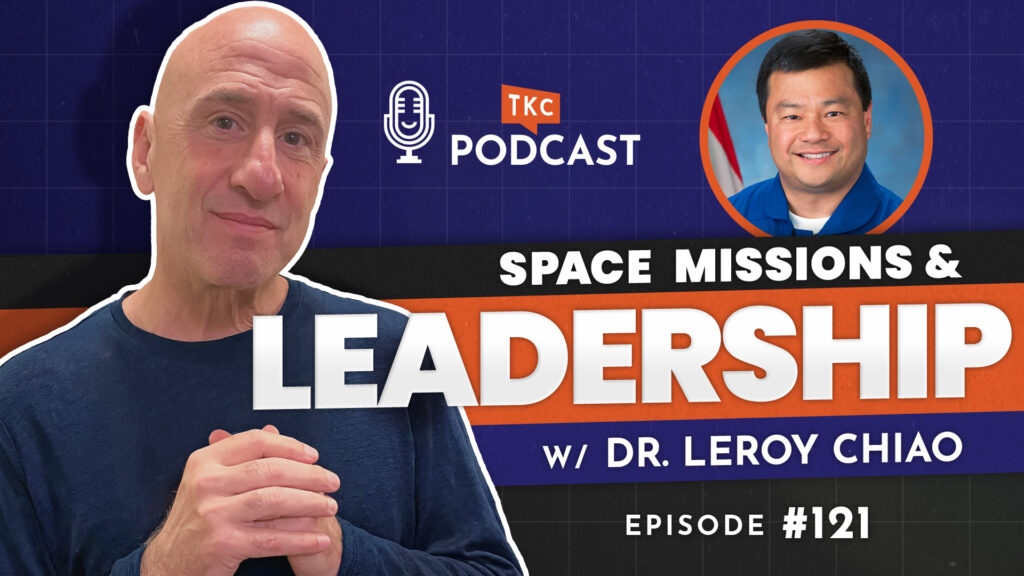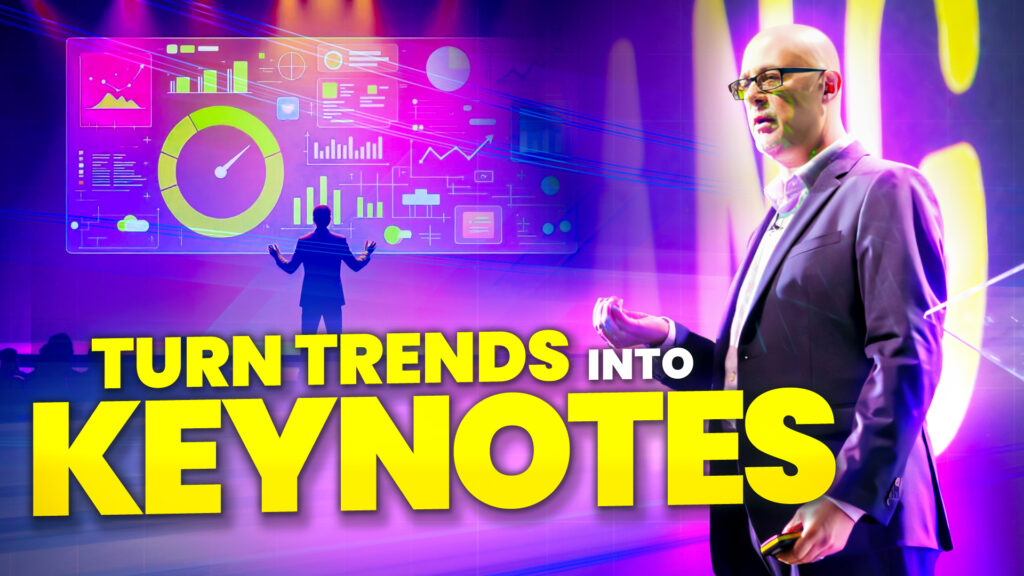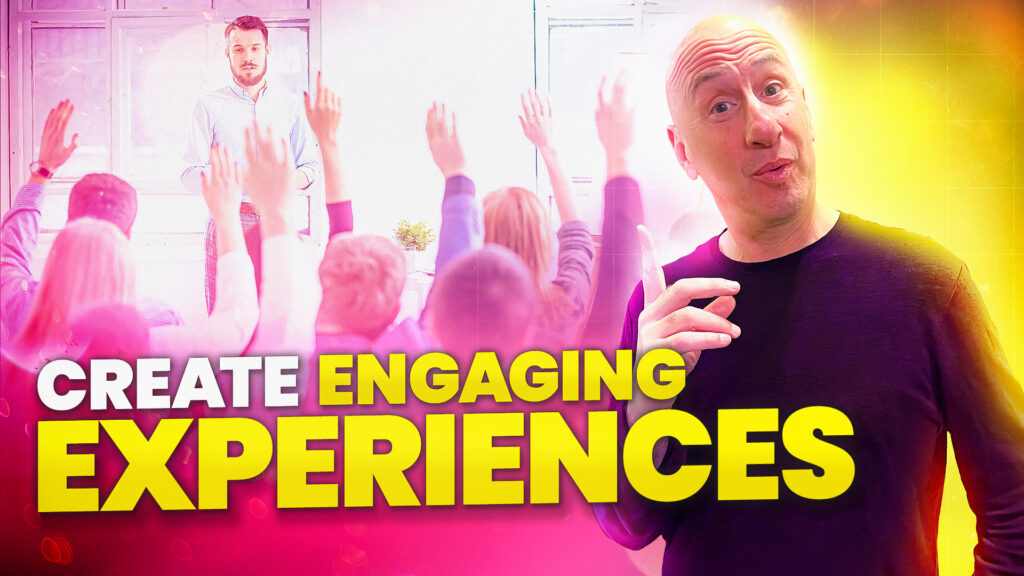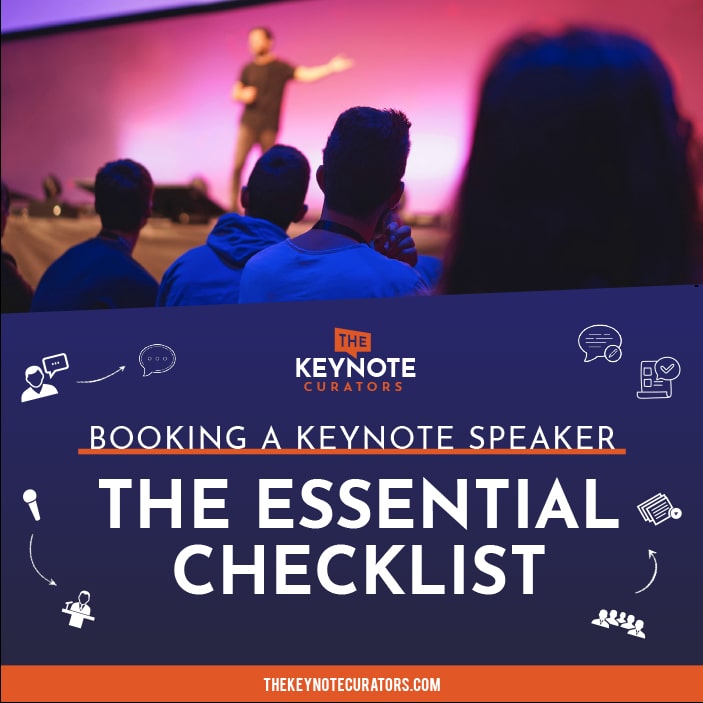How we deal with change has a profound effect on our work lives and personal contentment. Marriage and children, promotions and retirement, old habits and new behavior, vacation freedom and work pressure: We’re constantly facing transitions. Managing these life transitions well is central to our health, happiness, and productivity. In this talk, Robert Waldinger discusses how understanding the stages of adult life can play a critical role in dealing with the transitions all of us must face, how relationships are critical to dealing with these transitions, and how a game plan for transition is critical to happy, healthy and productive lives and organizations.

 MENU
MENU
